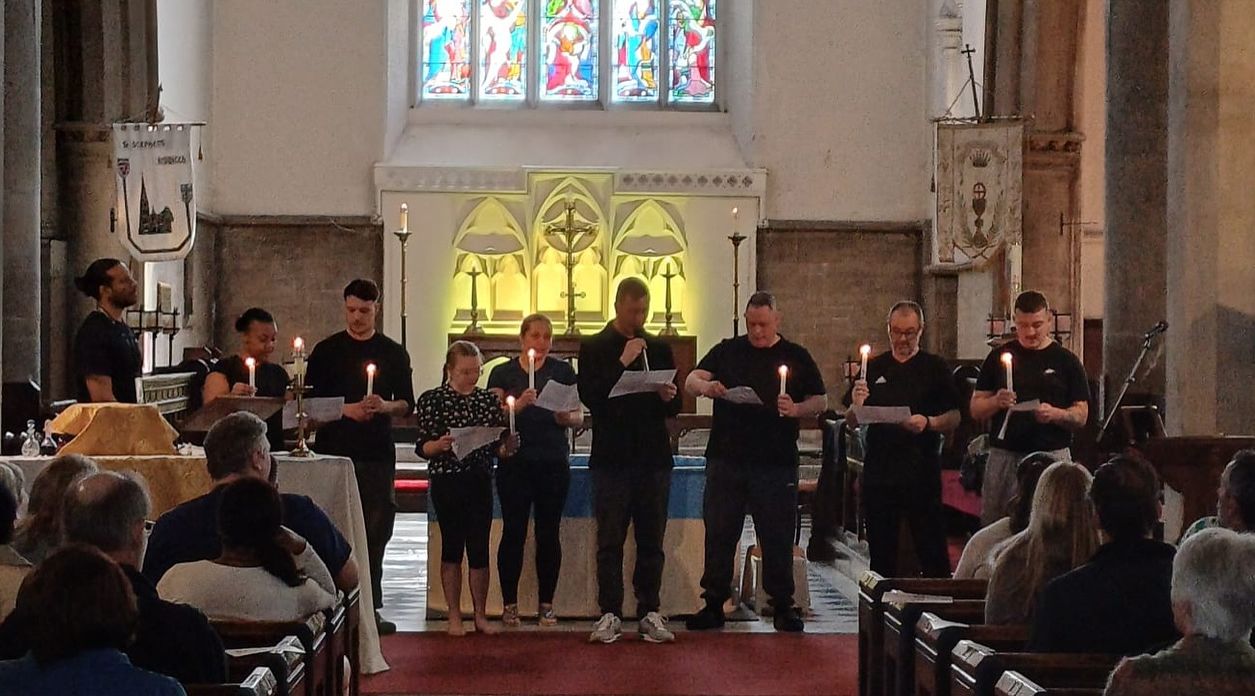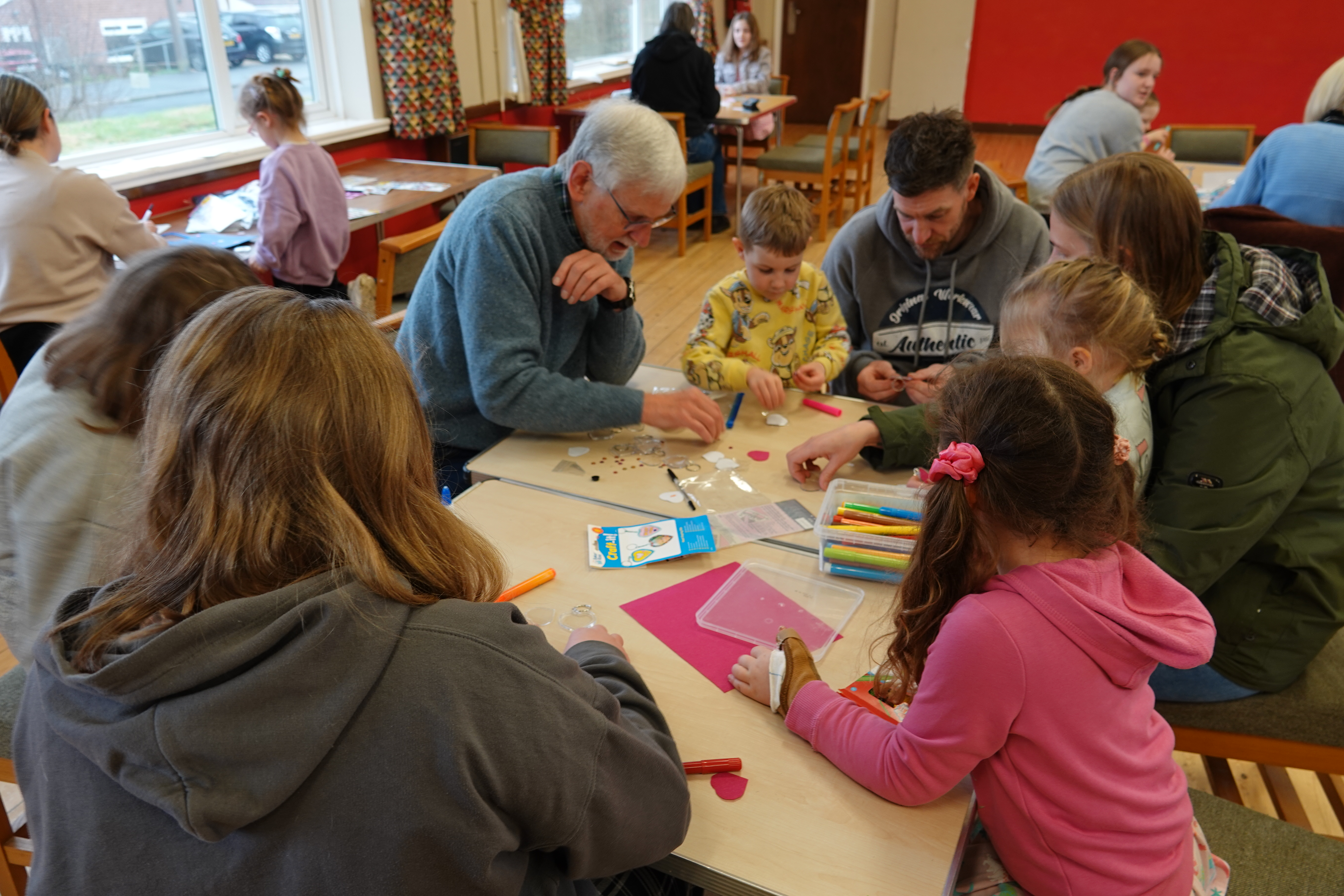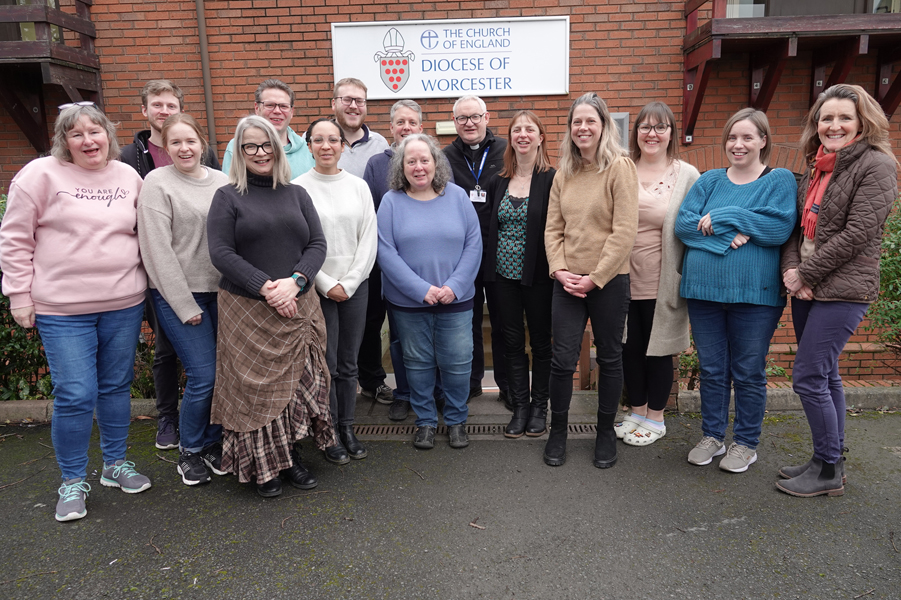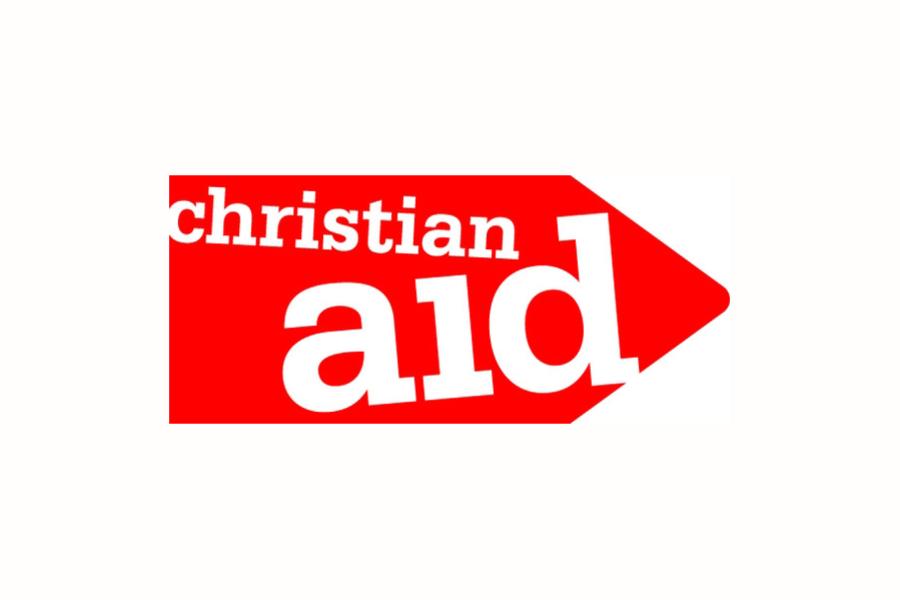 As we continue on our seven-year journey of transformation to ensure our churches are healthier and more sustainable by 2030, real progress is being made in our Transformation programme priority areas.
As we continue on our seven-year journey of transformation to ensure our churches are healthier and more sustainable by 2030, real progress is being made in our Transformation programme priority areas.
Churches across the Diocese are starting to see green shoots of growth as we look to double the number of children and young people, develop 100 New Worshipping Communities, and ensure we have a church of 150 or more in each major area of population.
Renewals project – creating churches with 150 AWA in major areas of population
Our Renewals priority aims ensure that by 2030 each major area of population will have at least one larger healthy and sustainable church, with at least 150 people attending during an average week. This will mean they can then support other churches in the area.
As part of phase one, St Stephen’s Church in Redditch and Gornal and Sedgely parish, Holy Trinity, Old Hill and The Forge Group, Kingswinford parish, St John’s Church in Halesowen and St Thomas’ Church in Stourbridge, all in Greater Dudley deanery were chosen to receive funds from the national church. These churches reflect a broad mix of traditions: three conservative-evangelical, the rest liberal, with two officially part of the Inclusive Church Network, including one Anglo-Catholic. All the Renewal leaders are part of a learning community who meet quarterly to support, learn from and pray for each other.
The funding is enabling different interventions depending on context but typically is being used to aid growth through staff appointments and the creation of new worshipping communities and initiatives to reach out to local families and build community. In most cases it’s also being used to improve church buildings and facilities to ensure churches can better serve their local communities.
 St Stephen in Redditch has prioritised ensuring that staff are on-site so that the church which is positioned in the centre of the town can be open as much as possible and staff are on-hand to chat to and pray with anyone in need of more support. 65 people have joined the congregation since September 2024 and average weekly attendence is now at 80.
St Stephen in Redditch has prioritised ensuring that staff are on-site so that the church which is positioned in the centre of the town can be open as much as possible and staff are on-hand to chat to and pray with anyone in need of more support. 65 people have joined the congregation since September 2024 and average weekly attendence is now at 80.
St John’s Church in Halesowen is using the funding to provide tailored support, responding to community needs. Their post-exam chill-out space for GCSE students, offering support, refreshments and biblical encouragement grew from 4 to nearly 30 young people attending weekly. There are plans to host a study space from September to build on this success.
Establishing 100 New Worshipping Communities (NWCs)
As a Diocese we aim to create 100 NWCs by 2030 to engage people currently unconnected to church. These offer informal worship in familiar settings, often more accessible for families and those with disabilities.
 Examples of flourishing NWCs include Early Birds in Malvern, The 3Ts in Brockmoor, and fully accessible service Morning Praise in Old Swinsford. Arts ministries such as Kingdom Arts for adults, All Together in West Worcester Beacon Benefice and Activity Church in Redditch for families are also all very popular with attendance figures of at least 50 each time, as are NWCs that take place outdoors in nature such as Tardebigge’s Forest Church or South Teme Valley’s Walking Church.
Examples of flourishing NWCs include Early Birds in Malvern, The 3Ts in Brockmoor, and fully accessible service Morning Praise in Old Swinsford. Arts ministries such as Kingdom Arts for adults, All Together in West Worcester Beacon Benefice and Activity Church in Redditch for families are also all very popular with attendance figures of at least 50 each time, as are NWCs that take place outdoors in nature such as Tardebigge’s Forest Church or South Teme Valley’s Walking Church.
At the start of 2025, we launched a one-year pilot with iSingPOP, helping seven churches start NWCs for families with primary-aged children. This built on the success of Holy Trinity and St Matthew in Ronkswood Worcester, where a weekly After School Club and monthly family-focused NWC are now established.
Doubling the number of Children, families and young people in our churches
As a diocese we are working to double our 2019 numbers of children and youth in churches and have invested in recruiting more paid children, families, and youth workers. It’s hoped this will lead to at least one flourishing youth ministry in each major area of population and two in every deanery, that can then support other nearby churches.
 A diocesan network of nearly 20 workers now meets regularly with diocesan lead Simon Hill to inspire, encourage and support each other and share what has worked well in their contexts.
A diocesan network of nearly 20 workers now meets regularly with diocesan lead Simon Hill to inspire, encourage and support each other and share what has worked well in their contexts.
Many churches have also continued well-established successful initiatives such as ‘Mainly music’ groups, working with schools to host experiences or do ‘Open the Book’, introducing toddler groups to provide a link from baptism, and hosting after school clubs and holiday clubs. Some have self-funded these initiatives, others have applied for and received funding from the Heathier Churches or Kingdom People Funds.
Some great examples include ‘Mainly Music’ at St Wulfstan, Worcester which engaged a whole new generation of young parents on their estate, ‘Experience Dudley’ with local schools at Top Church, engaging young people through ‘Lightbox’ in Worcester and now Redditch, and Toddler Time at Christ Church Quarry Bank.
Churches also connect with families through events like pancake parties on Shrove Tuesday or Light parties at Halloween. Children and Families' worker Sam Andrews has extended the programme of events for children and families at Pershore Abbey as this is where they get the most engagement. She introduced a Summer Activity Morning and the popular ‘Edible Nativity’.
Transformation Programme Director, Damian Herbert said:
“Two years into our seven year vision, we are starting to see real progress — with growing congregations, accessible and creative new worshipping communities, and deepening engagement with children, young people, and families across our Diocese. Through this, disciples are made, hope is shared, and communities are indeed transformed.
We give thanks for all that God is doing in our Diocese, and this growth is just the beginning.”
Please do share with us how you have witnessed Transformation in any of these key areas in your parish. Contact Transformation Communications Officer Ellie Jones in the Communications Team with your stories: Email here.

